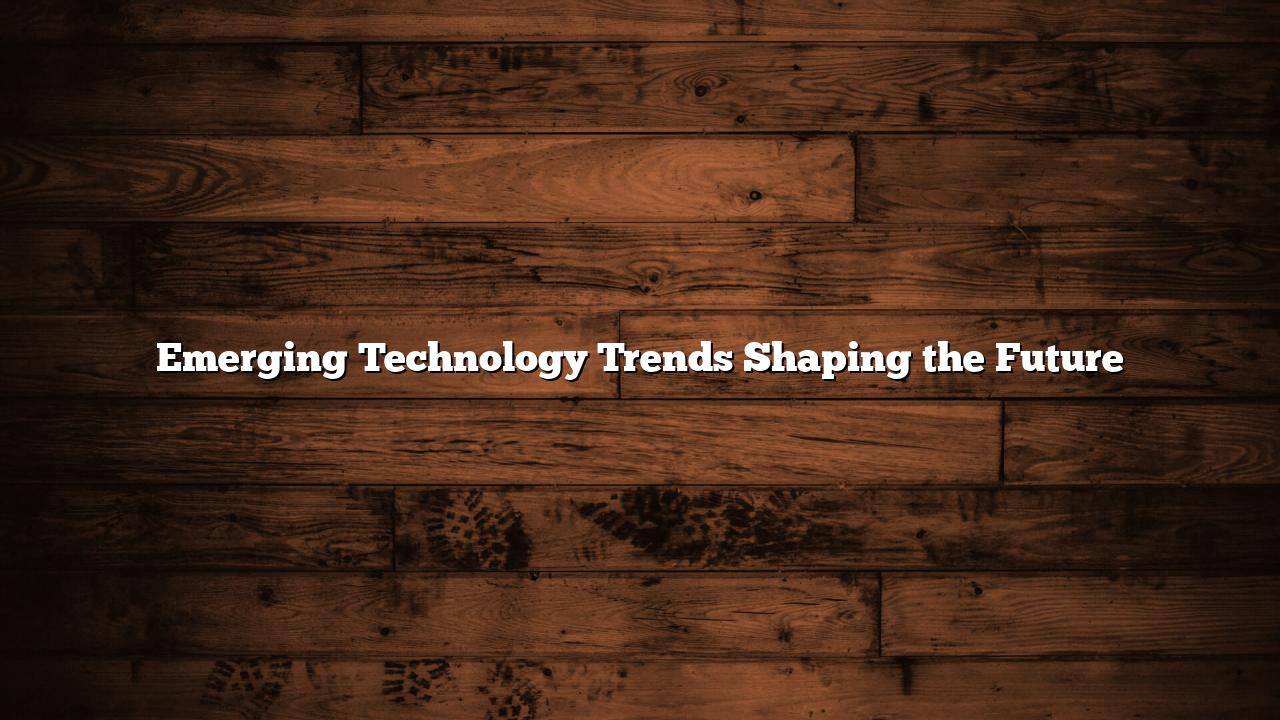In today’s rapidly evolving digital landscape, technology continues to transform the way we live, work, and interact. The latest technology trends are not only driving innovation across industries but also reshaping social structures and daily life. From artificial intelligence Tempur99 to sustainable technologies, these advancements bring both opportunities and challenges that define the future of human progress.
One of the most impactful trends is artificial intelligence (AI). Once limited to research labs, AI has now become mainstream, powering everything from recommendation systems on streaming platforms to advanced medical diagnostics. Generative AI, in particular, has revolutionized how content is created, enabling machines to produce text, images, and even code. In the business world, AI-driven analytics help organizations make smarter decisions faster, though concerns remain regarding bias, job displacement, and ethical use.
Another significant development is the rise of the Internet of Things (IoT). By connecting everyday objects to the internet, IoT creates smarter environments, from homes with automated lighting and security systems to factories with predictive maintenance. Smart cities are emerging as governments invest in IoT infrastructure to improve transportation, reduce energy consumption, and enhance urban living. However, this interconnectedness also raises serious questions about cybersecurity and data privacy, as billions of devices generate massive amounts of sensitive information.
The rollout of 5G networks is further accelerating digital transformation. With its ultra-fast speed and low latency, 5G enables real-time applications such as autonomous vehicles, augmented reality (AR), and virtual reality (VR). This next-generation connectivity is also expected to fuel advancements in telemedicine, remote education, and immersive entertainment. For industries, 5G provides the backbone for automation, robotics, and industrial IoT, opening new possibilities for efficiency and innovation.
In parallel, blockchain and Web3 technologies are reshaping the digital economy. Originally known for powering cryptocurrencies, blockchain now finds use in supply chain management, digital identity verification, and secure transactions. Web3 introduces the concept of decentralization, empowering users to have more control over their data and digital assets. Despite regulatory hurdles and skepticism, many believe these technologies could transform global finance and redefine how trust is built online.
As the world faces environmental challenges, green technology is gaining momentum. Advances in renewable energy, energy-efficient devices, and sustainable materials are becoming central to technological progress. Electric vehicles (EVs) and improved battery technologies illustrate how innovation can align with sustainability goals. The growing focus on eco-friendly solutions highlights a broader trend where technology not only drives economic growth but also addresses global concerns like climate change.
On the frontier of research lies quantum computing. While still in its experimental phase, quantum computing promises unprecedented processing power capable of solving problems too complex for traditional computers. Potential applications range from discovering new pharmaceuticals to enhancing cybersecurity and optimizing global logistics. Although practical quantum computing may still be years away, its potential impact is profound.
These emerging trends illustrate a future defined by intelligent, connected, and sustainable technologies. Yet, with every opportunity comes responsibility. Issues such as data privacy, ethical AI use, and the digital divide must be carefully managed to ensure inclusivity and fairness. The challenge for governments, businesses, and individuals alike is to embrace innovation while safeguarding social and ethical values.
Ultimately, the technology trends shaping today’s world reflect more than just progress in engineering; they signal a shift in how humanity envisions its future. By leveraging these advancements responsibly, society has the chance to build a digital era that is not only smarter and more efficient but also equitable and sustainable.
